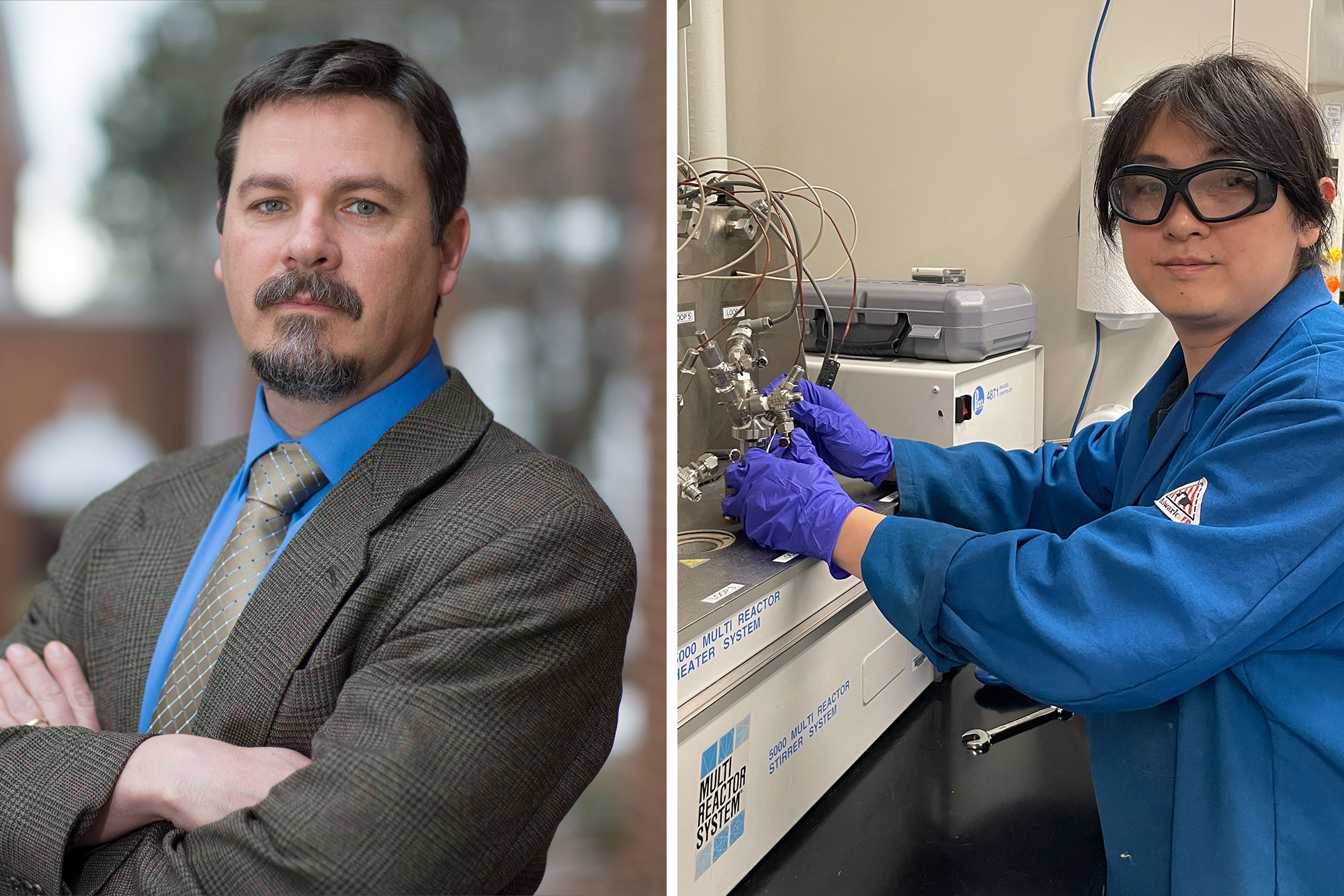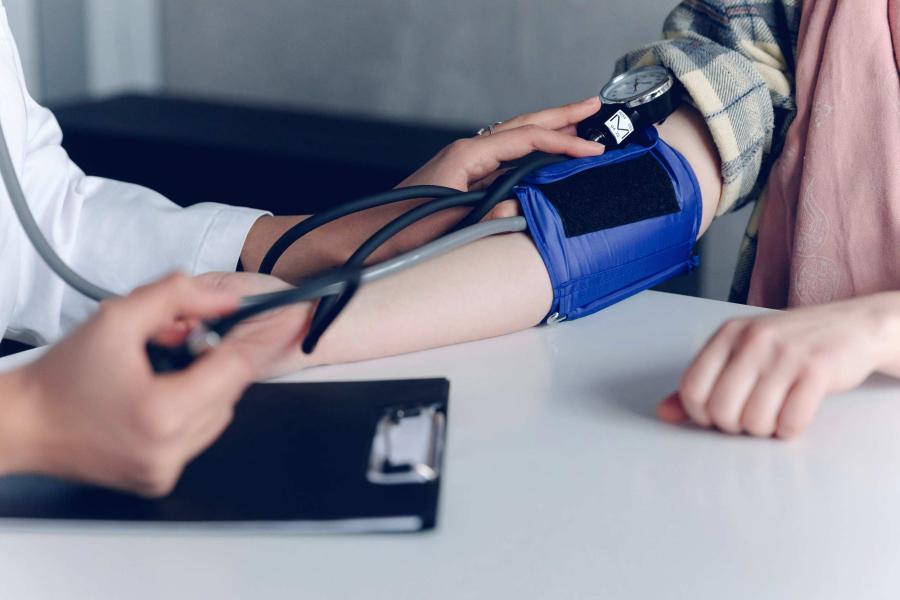The lab of University of Virginia chemistry professor Brent Gunnoe has discovered a novel process that could more cleanly and cheaply convert the chemical ethylene for use in lightweight plastics, such as beverage bottles, and other widely used consumer and industrial products.
UVA is now collaborating with Chevron Phillips Chemical on the discovery, which upgrades ethylene, a compound derived from natural gas, into what’s known as “higher olefins.” They’re used to produce not just plastics, but also synthetic oils, soaps and detergents, and dyes and resins. The industry is valued at about $10 billion a year.
“The conversion of ethylene to higher olefins is practiced on an enormous scale,” Gunnoe said. “But the current method of production is resource intensive and a significant contributor of greenhouse gases to the atmosphere. Further research and development will tell us if this UVA innovation can be scaled to help mitigate these negative environmental issues.”
Postdoctoral researcher Fanji Kong is leading the effort. He discovered the unique catalytic conversion process while a graduate student in Gunnoe’s lab. The pair have since filed a provisional patent on the technique.
The lab is working with Chevron Phillips Chemical and the Virginia Innovation Partnership Corp. to explore the extent of potential energy savings and greenhouse gas reductions, Gunnoe said. The Commonwealth Commercialization Fund recently announced it is supporting the project with a $75,000 grant.








